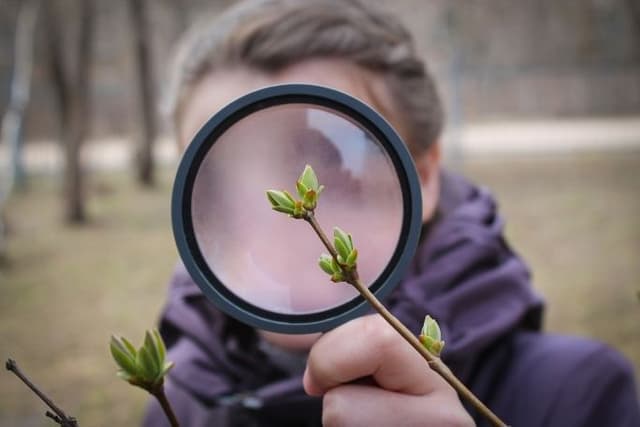
Citizen Science - Exploring Real Projects
Lesson1 of 5 in this unit
SecondaryYear 7 - 8ScienceHumanities and Social SciencesGeographyEnvironmentalBiodiversityCitizen ScienceClimate Change
Summary
Lesson Guides and Printables
Lesson Plan

Student Worksheet

Teacher Content Info
